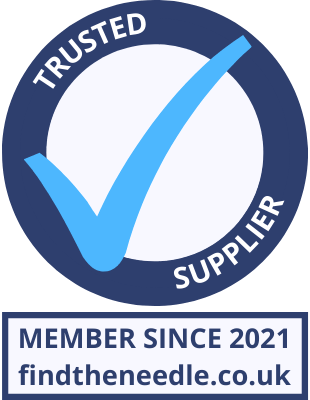 Add My Company
Add My Company
Sign In
EPR: Everything You Need To Know
13-11-2024
For more information on EPR: Everything You Need To Know talk to Cambrian Packaging
Enquire Now
List your company on FindTheNeedle.




